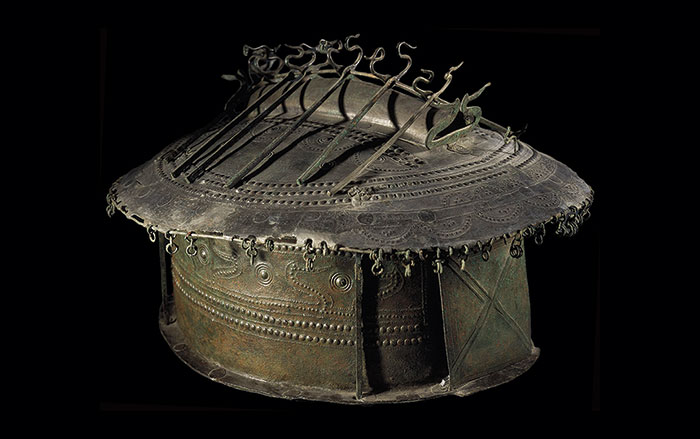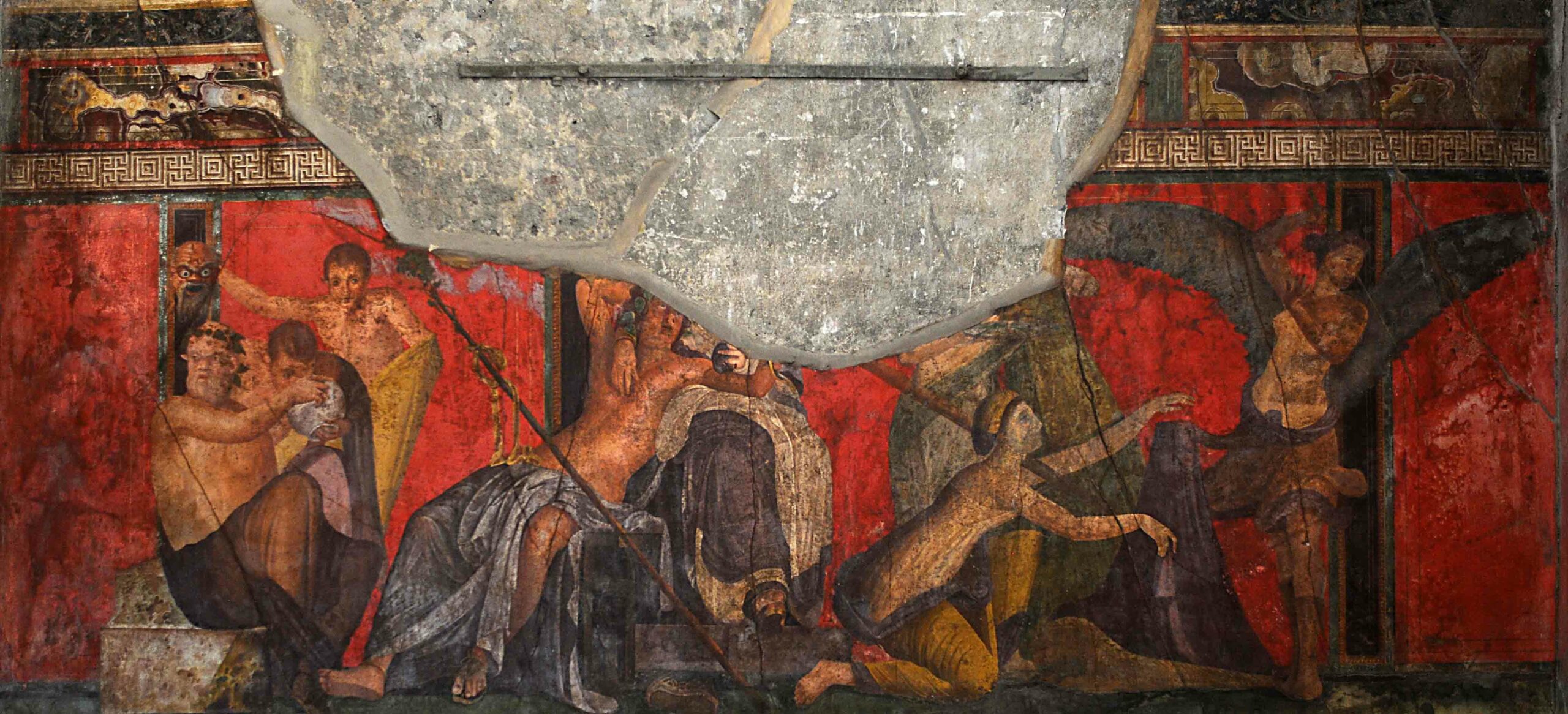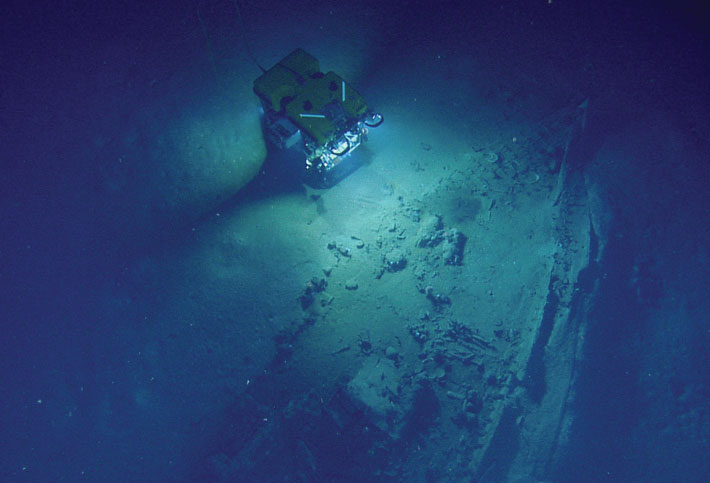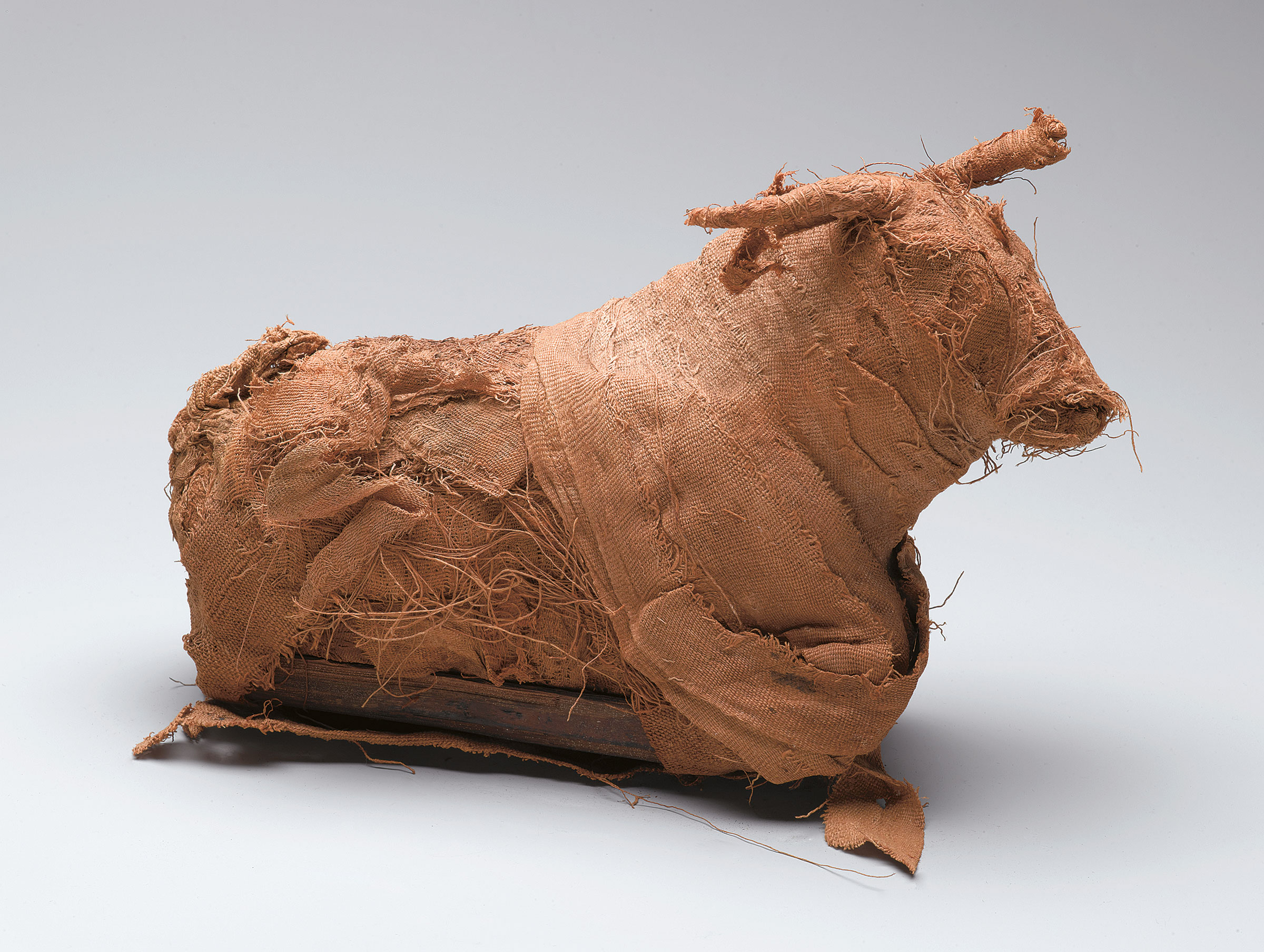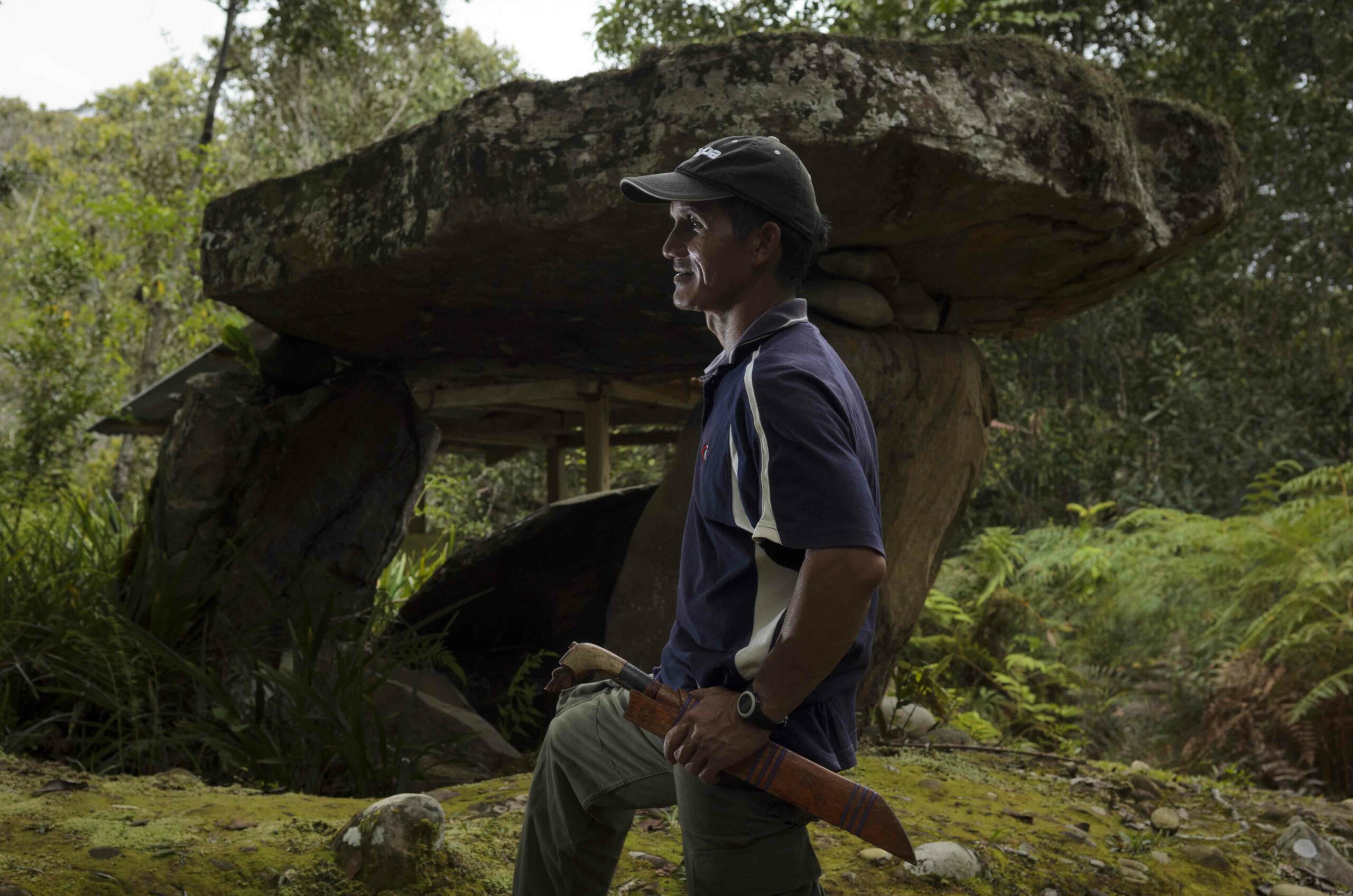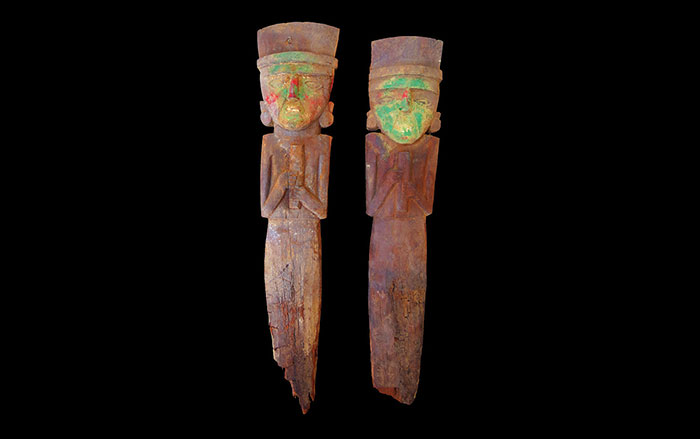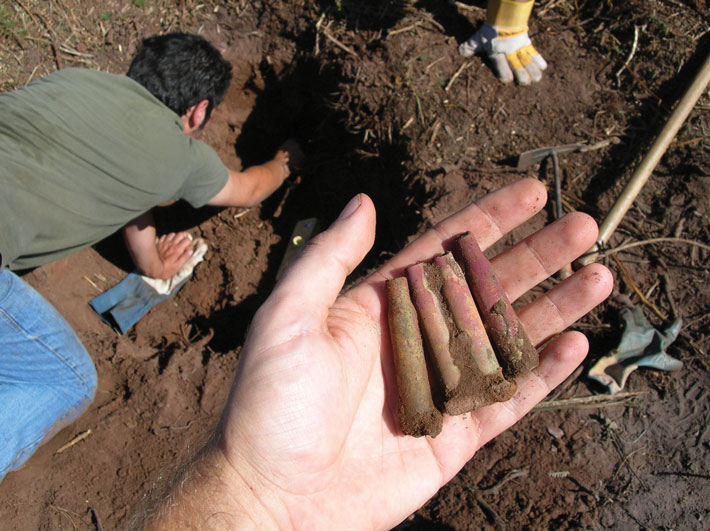
Two years before the outbreak of World War II, countries representing Europe’s warring ideologies fought by proxy in the Spanish Civil War—with the Soviets and French supporting the Republicans, and Germany and Italy behind the insurgent Nationalists. Now, a researcher digging near the northern Spanish city of Oviedo has found more than 200 bullets and casings from as far away as the Soviet Union and Germany, vivid reminders of the foreign aid offered by foes on the edge of their own disastrous conflict.
Alfonso Fanjul, a doctoral candidate at the Autonomous University of Madrid, made the discovery at a hilltop battlefield where Nationalist forces supporting Francisco Franco clashed, after a long standoff, with Republican troops loyal to the left-leaning Popular Front government in 1937. Franco’s forces eventually won the battle, and the war. Yet the discovery of so much war matériel from abroad, the origins of which are determined by tiny factory markings, suggests how quickly and deeply foreign powers became involved in the fight—and how the battle’s outcome might have been different in their absence.
“We’ve found a large amount of German munitions that were sent by Adolf Hitler to the Nationalists, munitions not available on the open arms market,” says Fanjul. He also discovered ammunition sent to Republican forces from Poland, Czechoslovakia, France, the Soviet Union, and even Mexico. Besides the munitions, which also include Spanish-made casings used by the Nationalists after they seized Oviedo’s garrison in 1936, Fanjul has found the remains of about 20 of the thousands of soldiers who died there, as well as boots, helmets, and dog tags. But disturbing war graves and the ethical issue this raises are not the project’s goal. “We want to show how to perform Spanish Civil War archaeology,” Fanjul says, “to unearth the site’s fortifications for the public, and to find new data to understand what happened.”





